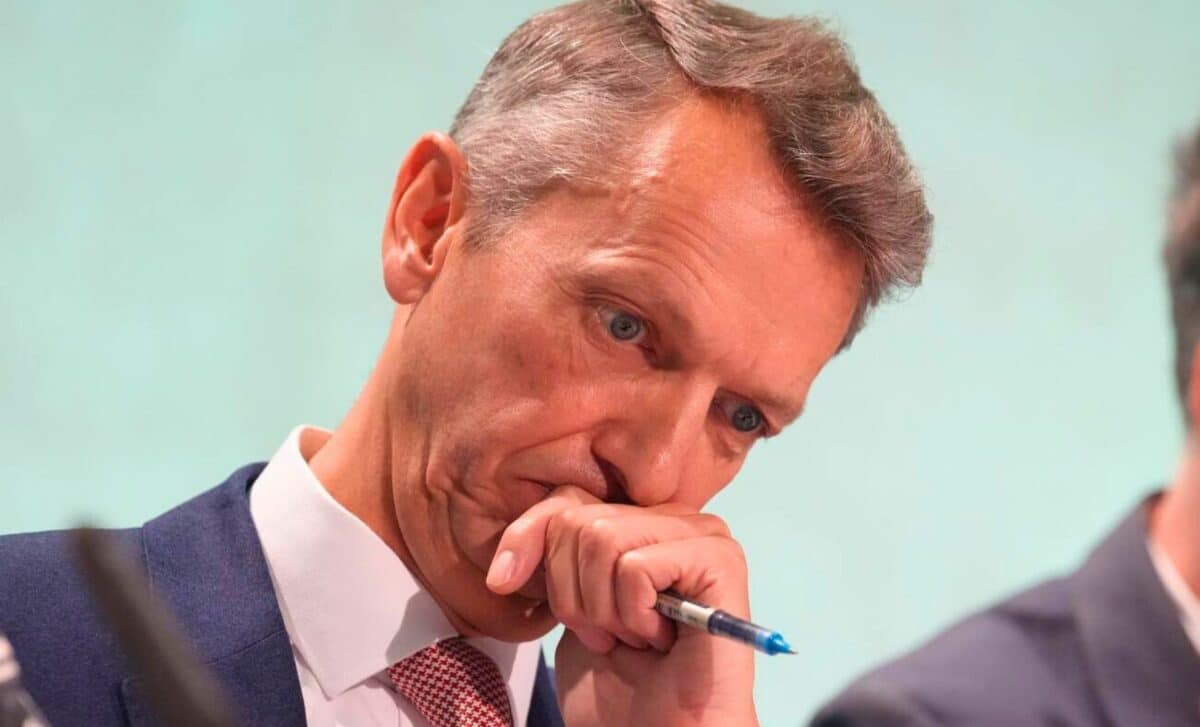At a critical moment, the UK is facing a looming council funding crisis that threatens essential services and local finances across England. This pressing issue demands immediate attention and decisive action from the Government to mitigate its potentially devastating consequences.
UK Council Funding Crisis: Reasons and Repercussions
A combination of factors has led to the funding crisis facing local councils across England, including a growing gap between funding received and spending demands. Recent reports suggest that councils are facing a £4 billion funding gap that threatens essential services and financial stability.
Causes of the Funding Crisis
Previous austerity measures implemented since 2010 have significantly reduced central government funding for local authorities. Over the past decade, councils have faced long-term cuts of almost 50% to their core funding, even as demand for services has increased due to population growth and an ageing population. Funding gaps are set to widen further, with some London boroughs facing a deficit of £400 million by 2024-2025.
“The surprising thing about this is that any of us are surprised – given the extent of the paring back over the past 15 years in local government funding, on to which you layer a dose of cost increases and inflation across the piece “, Andy Haldane, Chair of the Levelling-Up Advisory Council
Impact on Vital Services
Shortfalls in funding pose a serious threat to vital services such as social care, housing and transport. Major cuts could force councils to reduce or withdraw these services, disproportionately affecting vulnerable groups such as the elderly, disabled people and low-income families.
Urgent calls have been made for the government to act by providing emergency funding and developing long-term solutions to sustain council finances. Closing the funding gap is essential to safeguard vital public services, support community resilience and secure the future of local governance.
Therefore, decisive action is needed to avoid a deepening of the crisis, which could undermine the social fabric and well-being of citizens across the country.
Bridging the Gap: Solutions to the UK’s Council Funding Crisis
Closing the shortfall In order to ease the financial pressure on councils and protect vital services, the government needs to take swift action to close the existing funding gap. Emergency funding and grants are short-term solutions that can offer immediate relief, allowing councils to continue providing services in the interim.
Reforming the Council Tax system
A reform of the Council Tax system to make it fairer and more progressive could generate additional income for councils. Both adjusting Council Tax bands to reflect the current value of properties and increasing the number of top bands are options worth considering.
Review of The Funding Formula
A revision of the local authority funding formula is needed to establish a fairer distribution of funds that takes account of differences in local needs and resources. The existing council funding formula has been criticised for under-funding some councils, often those with the greatest demand for services. An updated formula incorporating measures of deprivation and local need could help to address historic inequalities in the distribution of funds.
Why Should This Be a Priority?
This funding crisis highlights the vital role that local councils play in supporting communities and maintaining the wellbeing of their citizens. Ensuring adequate funding for councils is essential to continue to deliver essential services, protect jobs and secure the future of local governance.
The resolution of the current crisis requires a concerted effort to find sustainable long-term solutions that protect communities from financial hardship. Failure to do so may weaken the social fabric, with the most vulnerable citizens suffering as a result. Altogether, this issue deserves to be addressed as a priority and as a matter of urgency.









